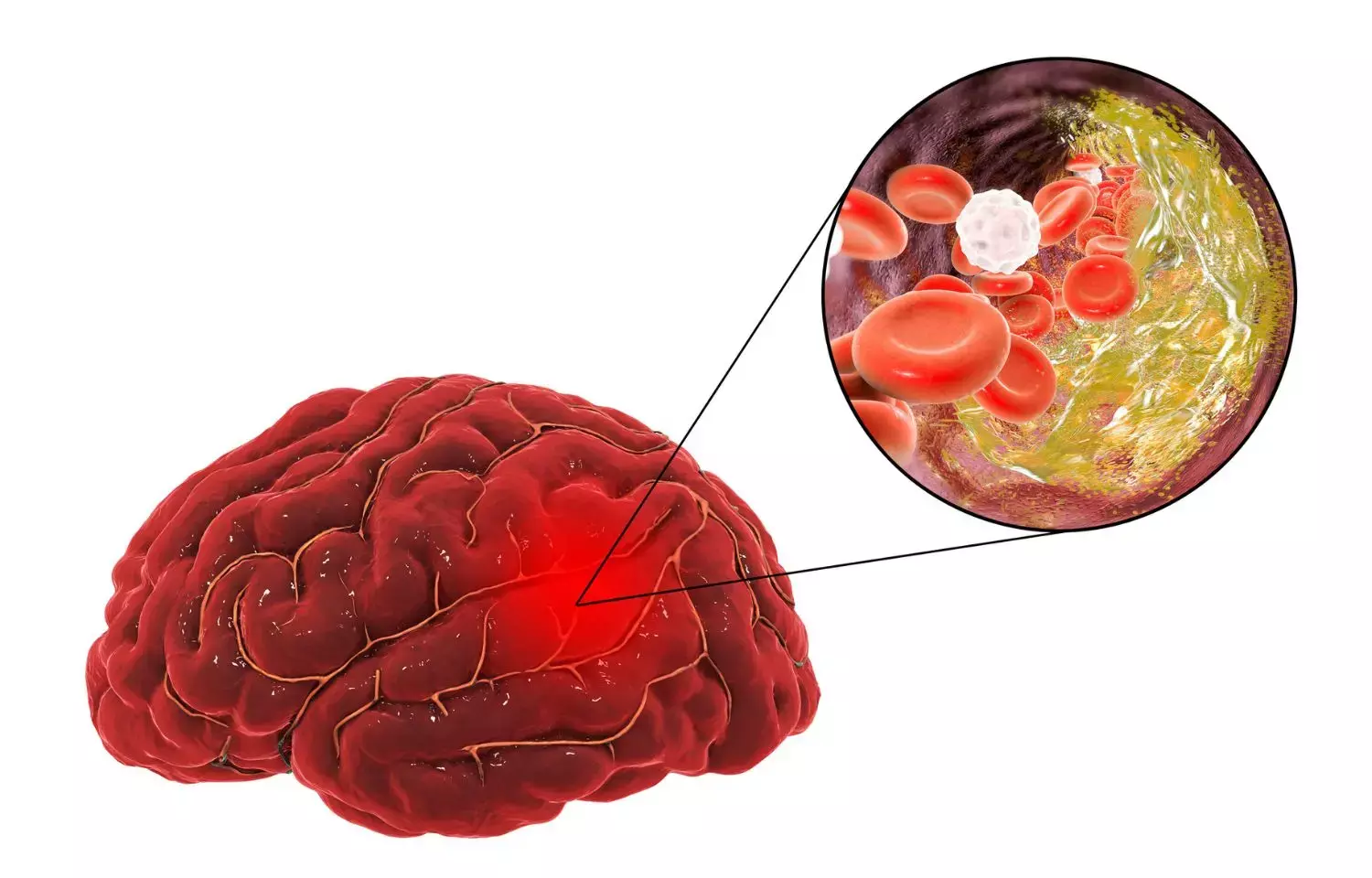- Home
- Medical news & Guidelines
- Anesthesiology
- Cardiology and CTVS
- Critical Care
- Dentistry
- Dermatology
- Diabetes and Endocrinology
- ENT
- Gastroenterology
- Medicine
- Nephrology
- Neurology
- Obstretics-Gynaecology
- Oncology
- Ophthalmology
- Orthopaedics
- Pediatrics-Neonatology
- Psychiatry
- Pulmonology
- Radiology
- Surgery
- Urology
- Laboratory Medicine
- Diet
- Nursing
- Paramedical
- Physiotherapy
- Health news
- Fact Check
- Bone Health Fact Check
- Brain Health Fact Check
- Cancer Related Fact Check
- Child Care Fact Check
- Dental and oral health fact check
- Diabetes and metabolic health fact check
- Diet and Nutrition Fact Check
- Eye and ENT Care Fact Check
- Fitness fact check
- Gut health fact check
- Heart health fact check
- Kidney health fact check
- Medical education fact check
- Men's health fact check
- Respiratory fact check
- Skin and hair care fact check
- Vaccine and Immunization fact check
- Women's health fact check
- AYUSH
- State News
- Andaman and Nicobar Islands
- Andhra Pradesh
- Arunachal Pradesh
- Assam
- Bihar
- Chandigarh
- Chattisgarh
- Dadra and Nagar Haveli
- Daman and Diu
- Delhi
- Goa
- Gujarat
- Haryana
- Himachal Pradesh
- Jammu & Kashmir
- Jharkhand
- Karnataka
- Kerala
- Ladakh
- Lakshadweep
- Madhya Pradesh
- Maharashtra
- Manipur
- Meghalaya
- Mizoram
- Nagaland
- Odisha
- Puducherry
- Punjab
- Rajasthan
- Sikkim
- Tamil Nadu
- Telangana
- Tripura
- Uttar Pradesh
- Uttrakhand
- West Bengal
- Medical Education
- Industry
Heavy Alcohol Consumption Linked to Increased Risk of Young-Onset Cryptogenic Ischemic Stroke, finds study

A new study published in the Journal of Neurology Neurosurgery & Psychiatry has found that heavy alcohol consumption, especially binge drinking significantly raises the risk of young-onset cryptogenic ischemic stroke (CIS), particularly among men. This study shows the threats of overdrinking among young adults and further proves the need for preventive measures targeting these young adults. The study was conducted by Nicolas M. and colleagues.
Young-onset CIS is an ischemic stroke occurring between the ages of 18 and 49 for which no known cause can be identified. This was a multicenter study aimed at evaluating the association of heavy alcohol consumption with CIS, with subgroup analyses based on age and sex.
The study included 540 patients diagnosed with recent CIS and a similar number of sex- and age-matched stroke-free controls. The patients recruited were aged between 18 and 49 years, median age 41, with 47.2% being women. Heavy drinking was defined as exceeding seven drinks per week for women or 14 drinks per week for men, or binge drinking at least twice a month (five or seven drinks in a single session, respectively).
Conditional logistic regression was used to evaluate whether the intake of alcohol was independently associated with CIS after adjustment for age, sex, education, previous hypertension, other cardiovascular diseases; diabetes; hypercholesterolemia; smoking; obesity; diet; and physical inactivity.
Key Results
The risk of CIS was nearly doubled for heavy alcohol users compared with controls (13.7% vs. 6.7%, p<0.001).
Heavy alcohol users had higher frequencies of hypertension, were more likely to still be smoking, were overweight, and were less physically active.
In the overall population, heavy alcohol consumption was identified as an independent risk factor for CIS (adjusted OR 2.11; 95% CI 1.22 to 3.63).
Heavy drinking increased the risk of CIS in men (adjusted OR 2.72; 95% CI 1.25 to 5.92), but this association was not seen in women (adjusted OR 1.56; 95% CI 0.71 to 3.41).
Binge drinking alone was also a strong predictor of CIS, showing an increased risk for the whole cohort (adjusted OR 2.43; 95% CI 1.31 to 4.53) and among men (adjusted OR 3.36; 95% CI 1.44 to 7.84) but not among women
These findings present an opportunity to provide preventive strategies targeting young adults towards the goal of reducing their risk for stroke due to excessive alcohol consumption. Public health interventions and lifestyle modifications to address heavy alcohol use may prove invaluable in decreasing the burden of cryptogenic ischemic stroke in young adults.
Reference:
Martinez-Majander N, Kutal S, Ylikotila P, Yesilot N, Tulkki L, Zedde M, Sarkanen T, Junttola U, Nordanstig A, Fromm A, Ryliskiene K, Licenik R, Ferdinand P, Jatuzis D, Kõrv L, Kõrv J, Pezzini A, Tuohinen S, Sinisalo J, Lehto M, Gerdts E, Ryödi E, Autere J, Hedman M, Fonseca AC, Waje-Andreassen U, von Sarnowski B, Redfors P, Sairanen T, Tatlisumak T, Roine RO, Huhtakangas J, Numminen H, Jäkälä P, Putaala J; SECRETO Study Group. Association between heavy alcohol consumption and cryptogenic ischaemic stroke in young adults: a case-control study. J Neurol Neurosurg Psychiatry. 2025 Jan 16;96(2):114-121. doi: 10.1136/jnnp-2024-333759. PMID: 38906694.
Dr Riya Dave has completed dentistry from Gujarat University in 2022. She is a dentist and accomplished medical and scientific writer known for her commitment to bridging the gap between clinical expertise and accessible healthcare information. She has been actively involved in writing blogs related to health and wellness.
Dr Kamal Kant Kohli-MBBS, DTCD- a chest specialist with more than 30 years of practice and a flair for writing clinical articles, Dr Kamal Kant Kohli joined Medical Dialogues as a Chief Editor of Medical News. Besides writing articles, as an editor, he proofreads and verifies all the medical content published on Medical Dialogues including those coming from journals, studies,medical conferences,guidelines etc. Email: drkohli@medicaldialogues.in. Contact no. 011-43720751


